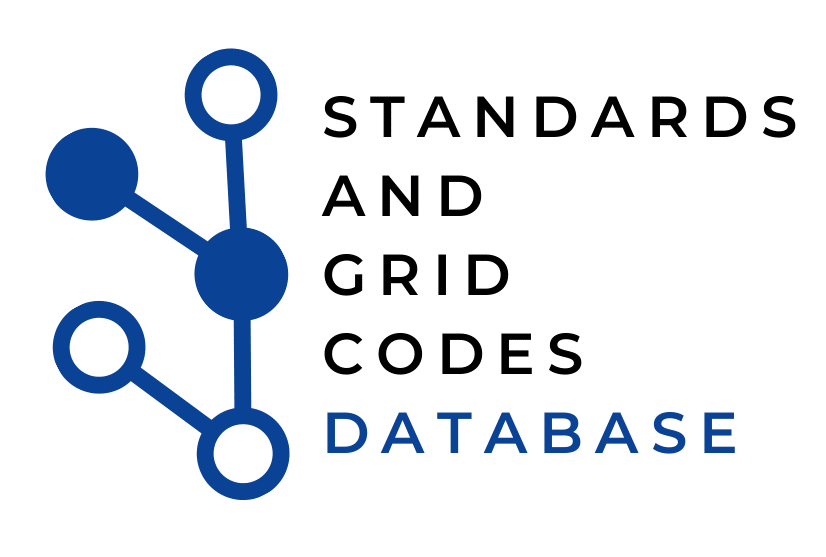| Title | Electromagnetic compatibility (EMC) – Part 3-6: Limits – Assessment of emission limits for the connection of distorting installations to MV, HV and EHV power systems | |
| Acronym | IEC 61000-3-6 | |
| Document Type | Standard | |
| Committee | TC 77/SC 77A - EMC - LOW FREQUENCY PHENOMENA | |
| Published Year | 2008 | |
| Link | https://webstore.iec.ch/publication/4155 | |
| Abstract This Technical Report, which is informative in its nature, provides guidance on principles which can be used as the basis for determining the requirements for the connection of distorting installations to MV, HV and EHV public power systems (LV installations are covered in other IEC documents). For the purposes of this report, a distorting installation means an installation (which may be a load or a generator) that produces harmonics and/or interharmonics. The primary objective is to provide guidance to system operators or owners on engineering practices, which will facilitate the provision of adequate service quality for all connected customers. In addressing installations, this document is not intended to replace equipment standards for emission limits. The report addresses the allocation of the capacity of the system to absorb disturbances. It does not address how to mitigate disturbances, nor does it address how the capacity of the system can be increased. Since the guidelines outlined in this report are necessarily based on certain simplifying assumptions, there is no guarantee that this approach will always provide the optimum solution for all harmonic situations. The recommended approach should be used with flexibility and judgment as far as engineering is concerned, when applying the given assessment procedures in full or in part. The system operator or owner is responsible for specifying requirements for the connection of distorting installations to the system. The distorting installation is to be understood as the customer’s complete installation (i.e. including distorting and non-distorting parts). Problems related to harmonics fall into two basic categories: |
||
